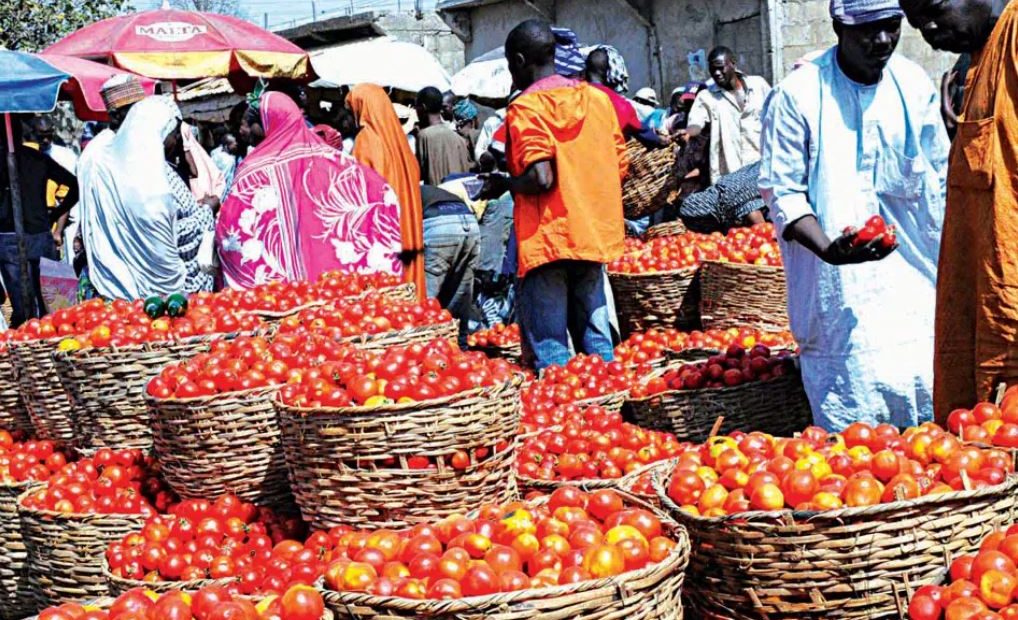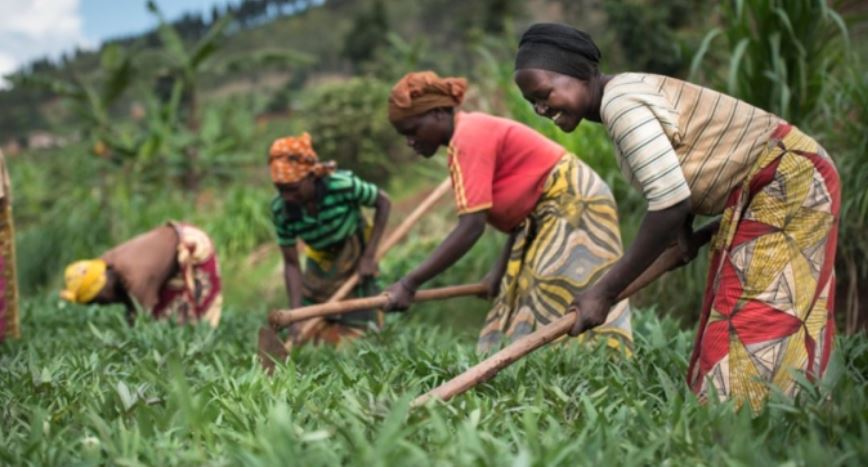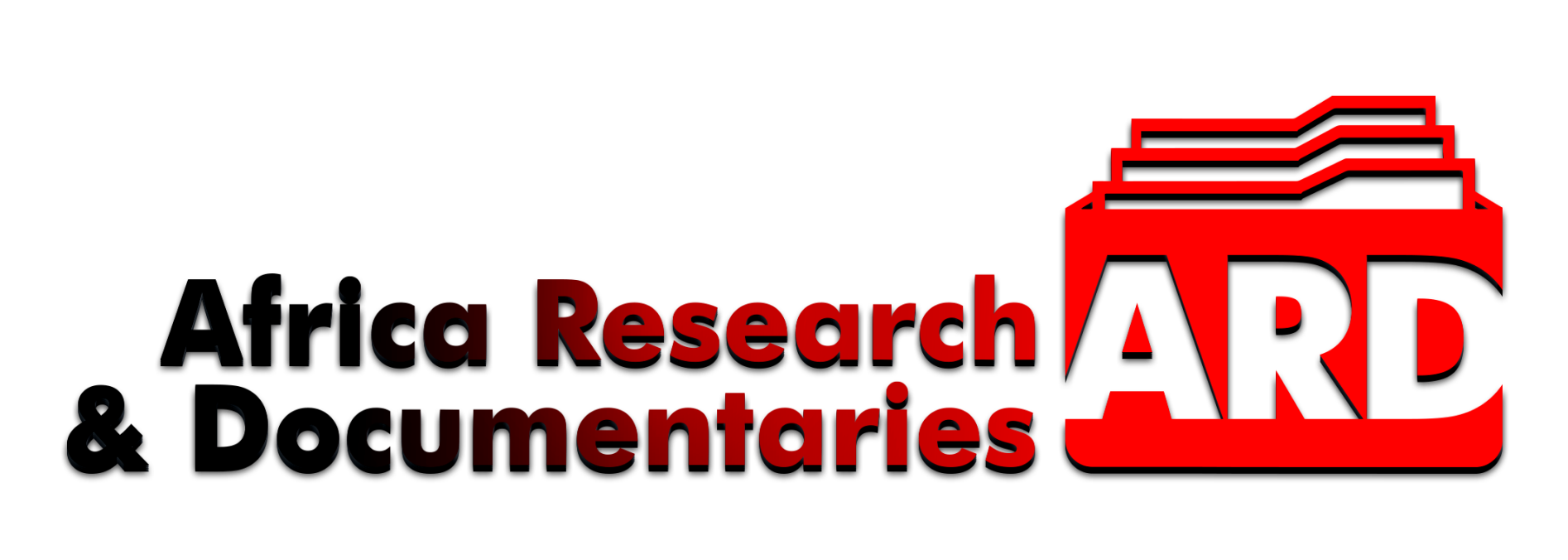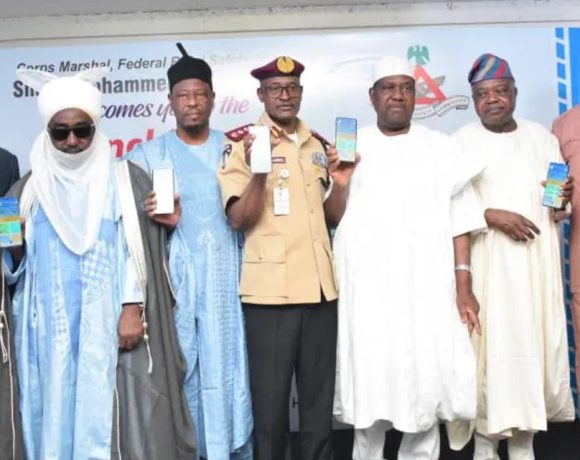REA and Community Energy Partner to Combat Food Insecurity through Solar Irrigation

Tomatoes in the market – ARDnig
The REA and CESEL have partnered to combat food insecurity in Nigeria by deploying solar-powered irrigation systems across 200,000 hectares of farmland. This initiative aims to increase food production by 1.2 million tons annually, replace fossil fuel-powered pumps with clean energy, and promote energy efficiency.
Innovative Partnership to Boost Agricultural Productivity
The Rural Electrification Agency (REA) has taken a significant step in combating food insecurity in Nigeria by partnering with Community Energy Social Enterprise Limited (CESEL) to implement a large-scale solar irrigation project. This collaboration is set to revolutionize agriculture in the country by deploying solar-powered irrigation systems across 200,000 hectares of farmland over the next four years. Through the REA’s Productive Use of Equipment (PUE) framework, this initiative is expected to greatly enhance grain and crop production, providing a sustainable solution to the nation’s food challenges.
Transforming Agriculture with Clean Energy Solutions
The solar irrigation project, a first of its kind, is designed to replace traditional fossil fuel-powered irrigation pumps with environmentally friendly alternatives. By utilizing solar energy, the project aims to save an estimated N413 billion in fossil fuel purchases for farmers and eliminate 412,800 cubic meters of fossil fuels from being used in agriculture. This shift to clean energy not only reduces the carbon footprint but also aligns with global efforts to mitigate climate change, making it a model for other countries facing similar challenges.
This partnership is more than just signing an MoU; it’s akin to a marriage agreement due to the long-term importance of these projects.” – Abba Abubakar Aliyu, REA Managing Director
Economic and Environmental Benefits
In addition to increasing food production by an estimated 1.2 million tons annually, the partnership between REA and CESEL is set to deliver substantial economic benefits to Nigerian farmers. The adoption of solar-powered irrigation systems will lower operational costs and improve crop yields, contributing to the overall growth of the agricultural sector. Furthermore, the project will promote energy efficiency by encouraging the use of energy-efficient appliances and productive use of energy devices, supported by sales, distribution, and credit financing mechanisms.

Small holder Farmers -ARDnig
Empowering Female Farmers
A notable aspect of this partnership is its focus on inclusivity, particularly in supporting female farmers in Kogi State. REA’s Managing Director, Abba Abubakar Aliyu, emphasized that this collaboration is more than just a Memorandum of Understanding; it represents a long-term commitment to sustainable development. Aliyu praised the inclusion strategy implemented by CESEL, highlighting its importance in empowering female farmers and ensuring that they benefit from the technological advancements in agriculture.
A Vision for a Sustainable Future
This groundbreaking partnership between REA and CESEL is a significant stride towards achieving food security and sustainable development in Nigeria. By harnessing the power of solar energy, the project not only addresses immediate food production needs but also sets the stage for a greener and more sustainable future. The initiative reflects the government’s broader efforts to end food shortages, promote clean energy, and enhance the livelihoods of farmers across the nation.
Conclusion
This partnership is a landmark achievement in the fight against food insecurity and the promotion of sustainable agriculture in Nigeria. By leveraging solar energy, the initiative offers a practical solution to the challenges faced by the agricultural sector, with long-term benefits for farmers, the environment, and the nation.










